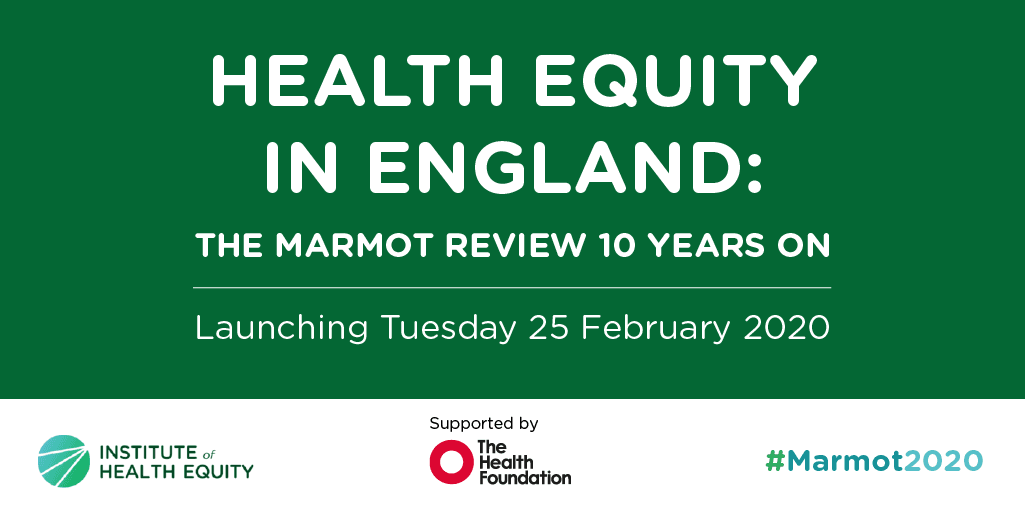
Eight case studies of projects funded by People’s Health Trust are featured in new report on health inequalities in England, published today.
The UCL Institute of Health Equity (IHE) and The Health Foundation have today published a new report on the ten-year anniversary of the original review to examine how health inequalities have changed and what progress has been made on tackling the social determinants of health. The report has found life expectancy in England has stalled, which has not happened since at least 1900 and that investing in the wider conditions in which we live is the most effective way to improve a nation’s health.
We are delighted that eight projects funded by People’s Health Trust are featured in the report as examples of the positive action in tackling health inequalities over the past ten years. The case studies featured include five from the Trust’s shorter term Active Communities funding programme and three from the longer term Local Conversations funding programme.
They demonstrate the importance of resident-led approaches and the role of social connections, and individual and collective control as foundations to good health. There are also some important examples of how people can use their collective power, knowledge and experience to influence change locally, which can support a shift in the underlying structural causes of health inequalities. 81% of residents participating in Local Conversations feel that ‘when people in this area get involved in their community, they can really change the way that their area is run’, compared with an England average of 50%.
John Hume, Chief Executive of People’s Health Trust, said, “This hugely important report demonstrates that health inequalities are widening and life expectancy is stalling. These findings are fuelled by differences in wealth and the conditions into which people are born and live. We’re delighted that projects we fund have been included in this report as examples of positive action in tackling health inequalities. Social connections and collective control both have strong evidence bases as being protective for health. They are also critical foundations for supporting local people to play a very active role in addressing the social determinants of health within their neighbourhoods.
“The ultimate responsibility for health inequalities and the social determinants which cause them, rests with the Government, so whilst the third sector can play its part, there needs to be clear and decisive action from the Government to stop this alarming trend.”
The full report is available to read here
Watch a video of one our case studies here:
To read more news on the Trust, click here.
Support us, play The Health Lottery!
